The twin probes of the ESCAPADE mission, designed to study the Martian magnetosphere, have successfully launched aboard a New Glenn rocket and are now en route to the red planet. The spacecraft, named Blue and Gold, are the first Mars-bound vehicles to be designed, built, and tested by Rocket Lab, a New Zealand-based company with a headquarters in California. According to officials, the probes are carrying an Easter egg, a nod to the company's tradition of hiding kiwis in its design.
Lindsay McLaurin, senior communications manager for space systems at Rocket Lab, explained the significance of the kiwis. "We have a tradition of hiding kiwis in many areas of our design," she said. "It's a fun way for us to pay homage to our New Zealand heritage and add a bit of personality to our spacecraft." McLaurin noted that the kiwis on board the ESCAPADE probes are a small but meaningful addition to the mission.
The ESCAPADE mission is a significant milestone for Rocket Lab, marking the company's first foray into Mars exploration. Led by the Space Sciences Laboratory at the University of California, Berkeley, the mission aims to study the Martian magnetosphere and how it interacts with the planet's atmosphere. The identical satellites will enter Martian orbit in 22 months, providing valuable insights into the planet's hybrid magnetosphere and its effects on the Martian atmosphere.
The loss of Mars' once-dense atmosphere is a topic of great interest to scientists, and the ESCAPADE mission is poised to shed new light on this phenomenon. "The Martian atmosphere is a fascinating subject of study, and we're excited to contribute to the scientific community's understanding of it," said McLaurin.
The ESCAPADE mission has garnered international attention, with scientists and space enthusiasts around the world following the progress of the twin probes. As the spacecraft continue their journey to Mars, they will provide a unique perspective on the planet's magnetosphere and its effects on the Martian atmosphere.
The current status of the mission is that the ESCAPADE probes are on track to reach Mars in 22 months, with the first data expected to be transmitted back to Earth in the following months. Rocket Lab officials are optimistic about the mission's prospects, citing the company's experience with launching small satellites into orbit. As the ESCAPADE mission continues to unfold, it is clear that this is a significant step forward for Mars exploration and a testament to the innovative spirit of the space industry.






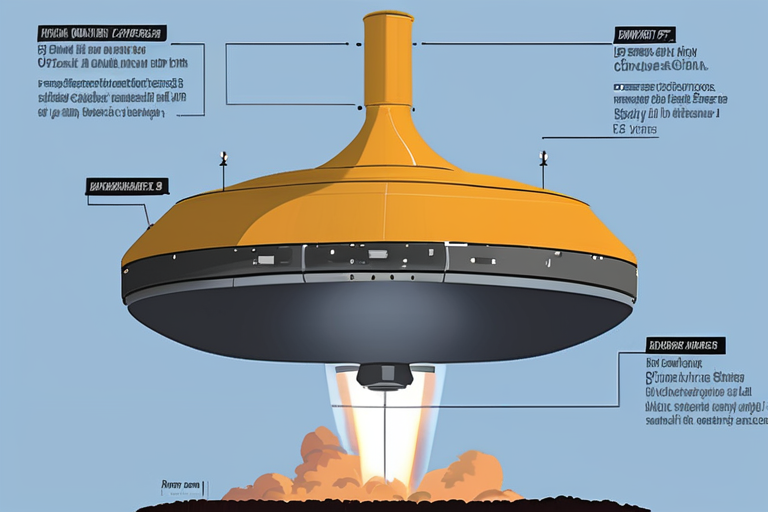



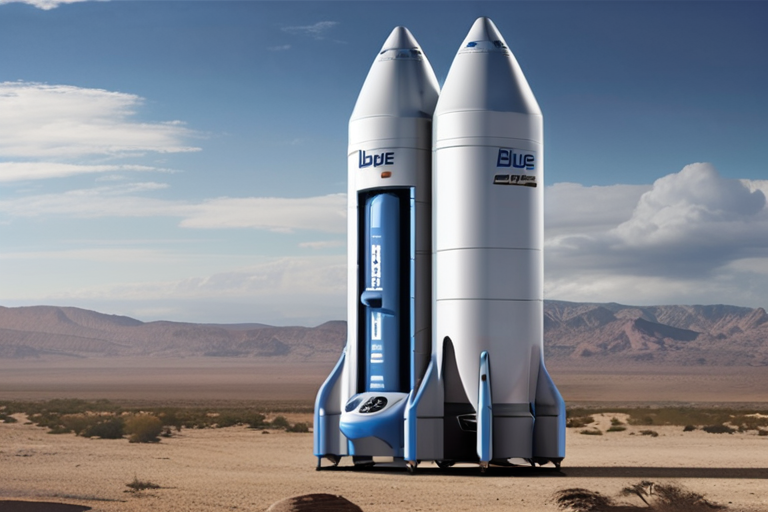




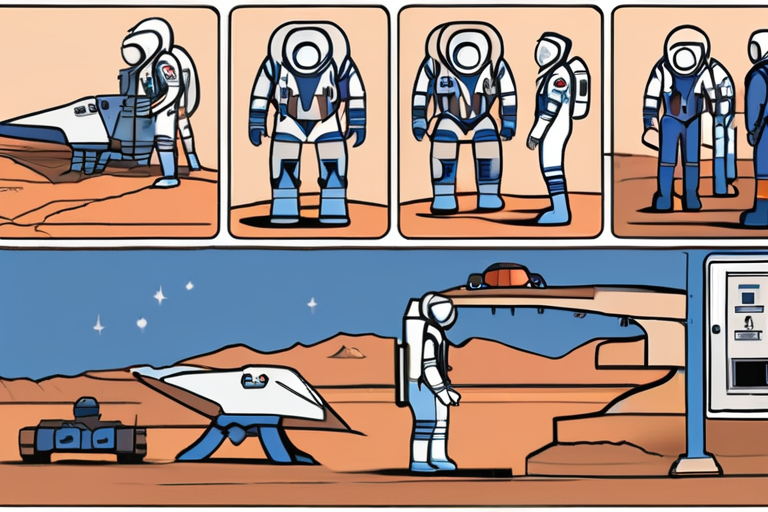


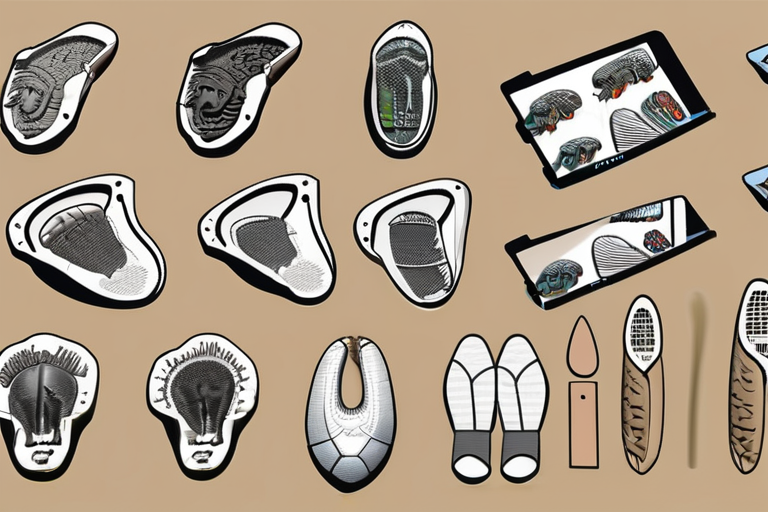


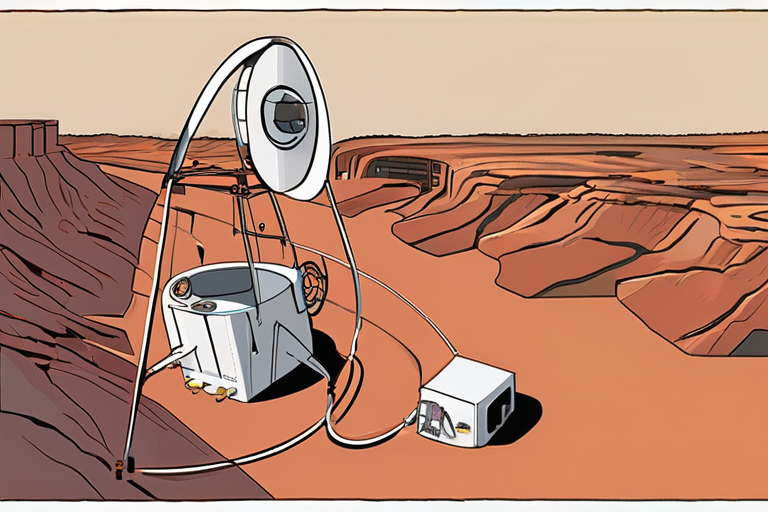
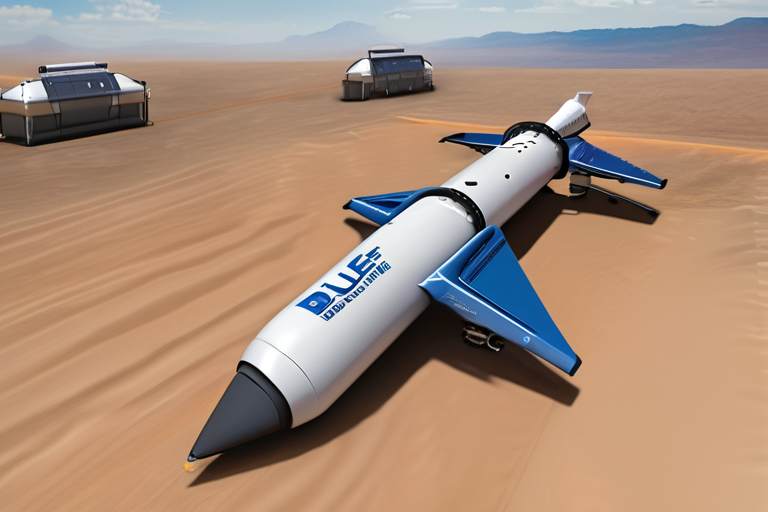
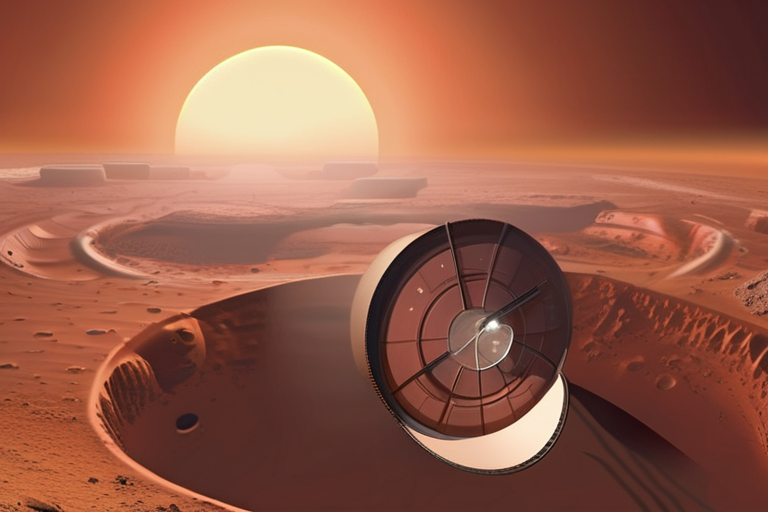
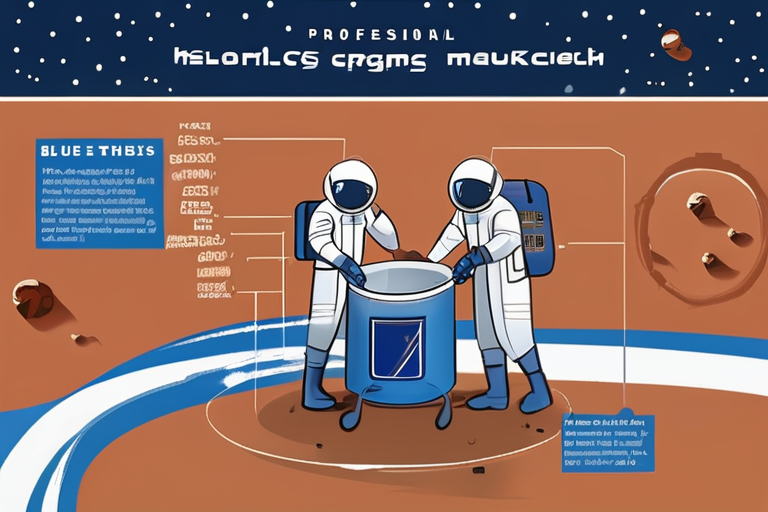
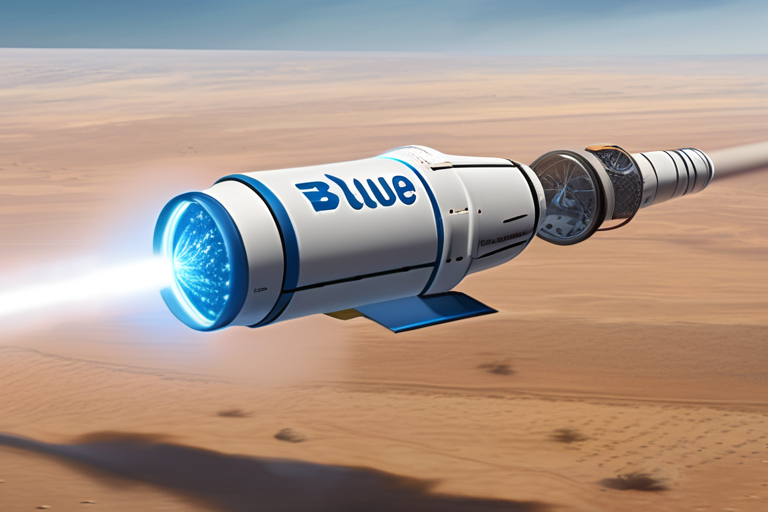

Share & Engage Share
Share this article